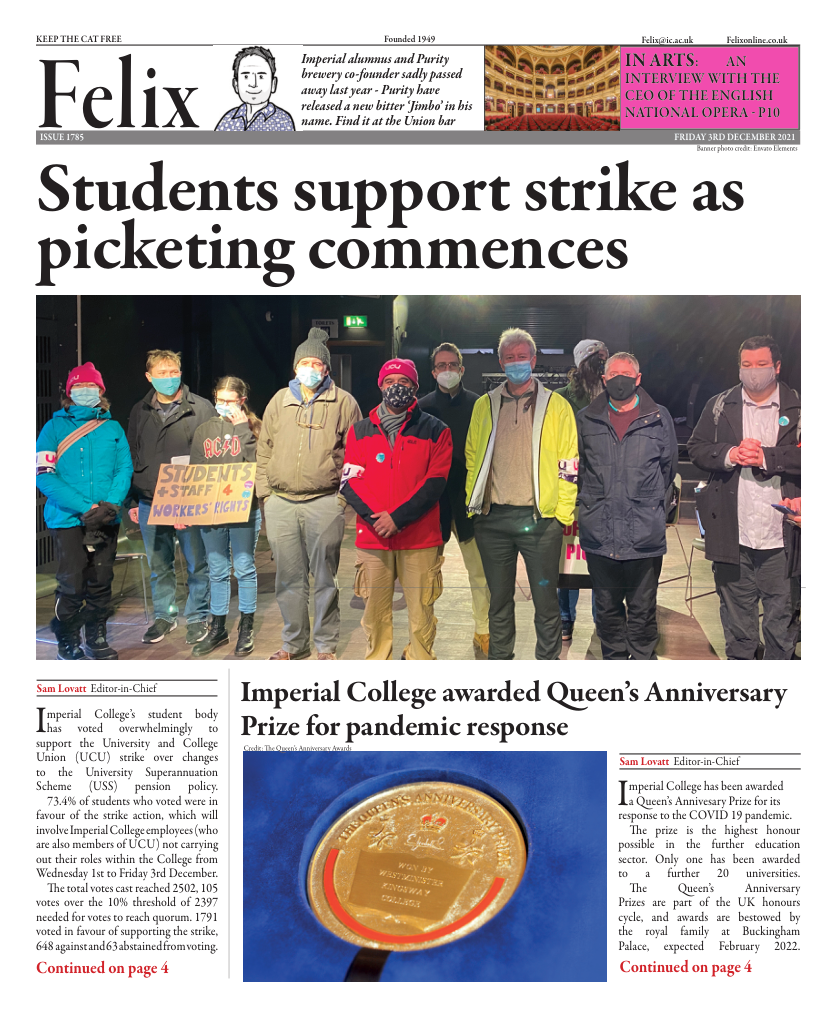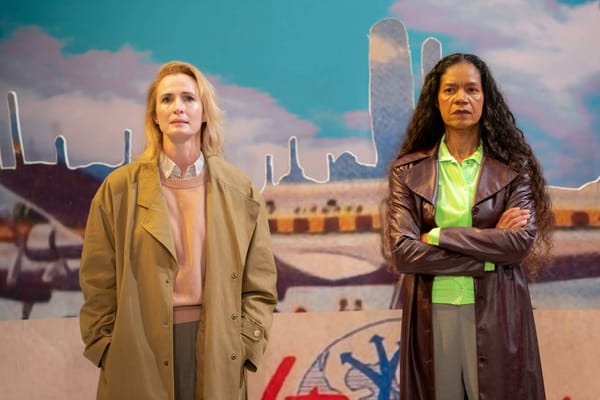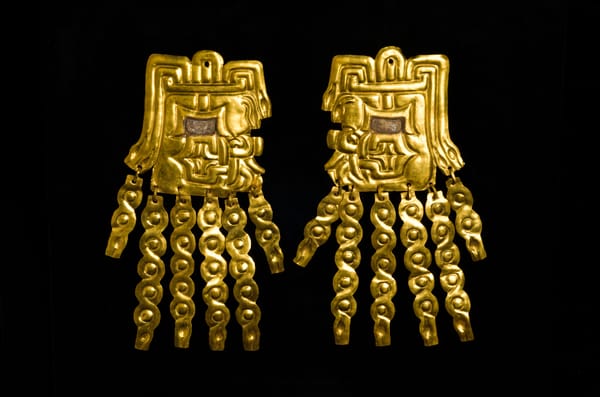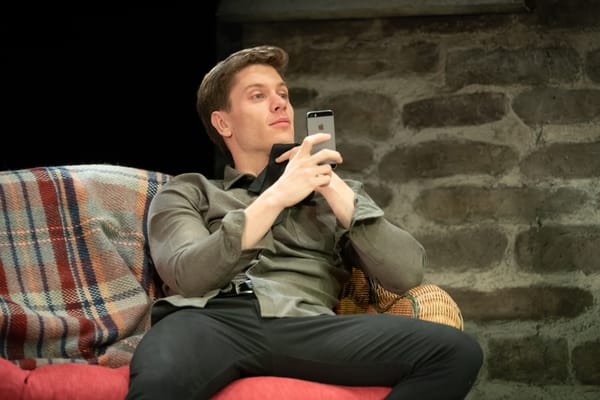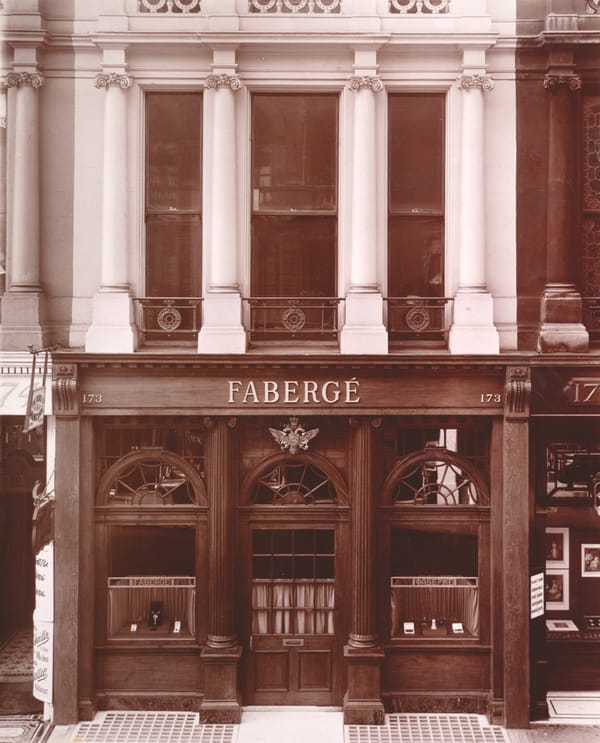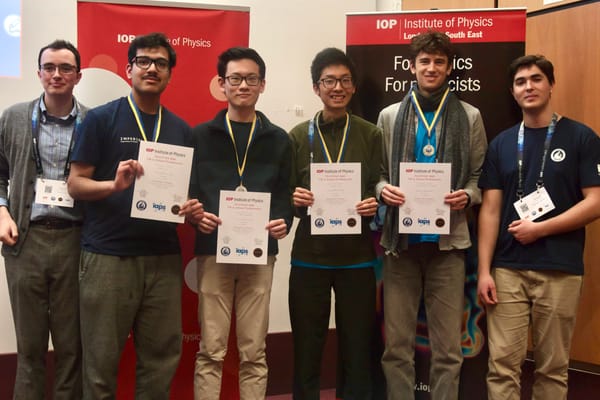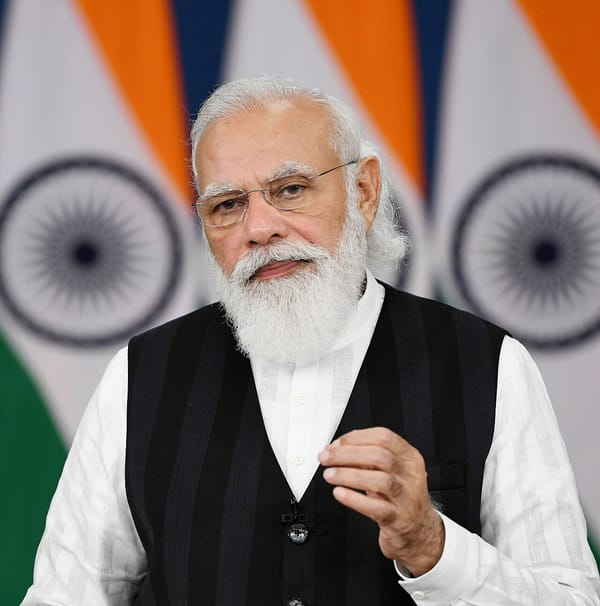Alexander Cohen chats to Stuart Murphy
Arts writer Alexander Cohen chats to the current CEO of the English National Opera — Stuart Murphy
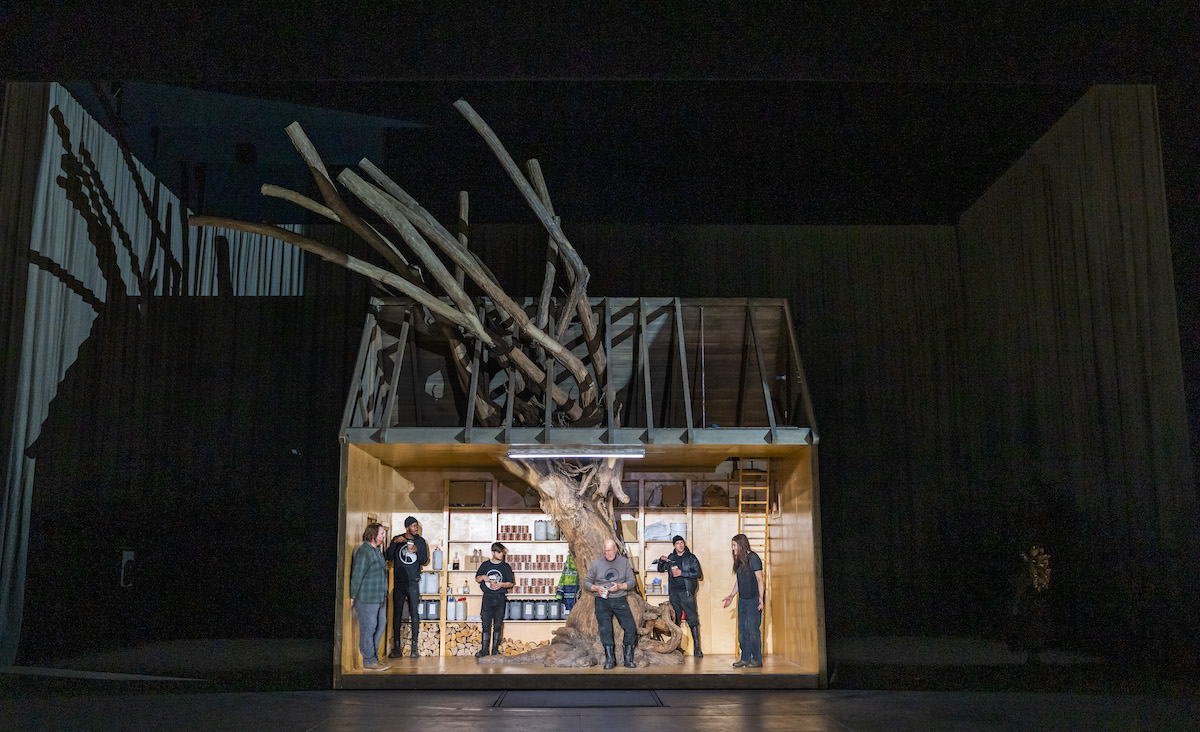
If you have not heard of Stuart Murphy, you will be familiar with his work. If not for him, we would not have the tour de force of culture that is BBC Three, and all of the iconic shows it produced since its inception in 2003. Stuart also brought the best of US entertainment over the pond by helming the creation of Sky Atlantic, the home of HBO in the UK. Today, he is the CEO of the English National Opera where he is spearheading a campaign to make opera accessible for everyone. Stuart has introduced a number of schemes targeted at introducing younger audiences to opera. The ENO offer discounted tickets for under-35s, free tickets for under-21s, and ENO Response, a mentoring scheme for young opera critics.
We began chronologically with Stuart’s time at BBC Three. In its heyday, BBC Three was the angsty younger sibling to the rest of the BBC channels.
“It stood up to the establishment. It had a very liberal outlook.”
Stuart gave young creatives free reign to explore themes that reflected their experience and interests. This resulted in everything from bleak satires like 15 Stories High and Monkey Dust to beloved sitcom classics like Gavin and Stacy, all of which were able to tap into the cultural zeitgeist. Monkey Dust is probably the darkest show the BBC has ever produced, regularly featuring sketches about paedophiles, terrorists, and everything in between.
But did BBC Three go too far? What happens when we look back at “edgy” comedy and deem it offensive? Little Britain has been the subject of controversy surrounding its use of blackface and transphobic elements. Episodes containing offensive content have been removed from streaming services, as have all traces of Monkey Dust. Today only clips of it survive on YouTube.
“Context is key – so long as audiences are warned. Framing. Prepped for it… Someone told me that I crossed the line. But who put the line there? You did.”
BBC Three was a space for people to explore risqué comedy. Audiences watched Little Britain expecting NSFW comedy; it is that context that is often left out the conversation when discussing offensive content of the past. But the boundary-pushing comedy that became part of BBC Three’s identity allowed it to push other boundaries. There is a reason why BBC Three is the home of RuPaul’s Drag Race, a show that would have been unlikely to have been aired on any mainstream channels fifteen years ago.
“But there is a difference when things are live. It can sting harder.”
We move to discussing opera. Many classic operas are being re-evaluated through the lens of contemporary morality: Madam Butterfly has raised discussions about Orientalism and cultural appropriation. The ethical status of Wagner’s operas has been frequently discussed in relation to the composer’s virulent Anti-Semitism. There are many others examples to choose from.
“It is only now that we are having these conversations. Until three years ago, opera had been a sealed art form.”
Stuart credits the #MeToo movement and the death of George Floyd for kickstarting conversations about power and hegemony within opera. He also spoke about the importance of gatekeepers, arbiters of the art who had been responsible for keeping opera an exclusive space, inaccessible for many.
“Women are usually murdered and raped. It is usually the straight white men who win. I don’t want that.”
This is why Stuart is keen to push opera to younger and more demographics. Diversifying who gets to engage in and speak in these cultural conversations is crucial in ensuring that opera remains relevant as an art form. Opera must be able to speak to and for everyone, not just for purists. The ENO appointed Annilese Miskimmon as its first female artistic director in 2020. More recently they premiered their “TikTokopera” to coincide with the release of Tiger King Season 2 via TikTok.
“It has 15 million views worldwide. Probably more than any production ever.”
The future of opera is an exciting one now that we are redefining what opera means and asking for who is opera for. Before the “TikTokopera” came “Drive & Live”, a COVID-19 compliant drive-through performance of La Bohème, and VOPERA's digital production of Ravel’s L’Enfant et les Sortilèges on YouTube. The production has recently been nominated for the 2021 Royal Philharmonic Society Award in the Opera and Music Theatre category.
So what can opera offer young people today?
“Opera can offer audiences a different kind of experience: Something that is not an immediate hit, If you commit to it, it will get under your skin and leave you with a legacy that will stay with you for years.”
You can follow Alexander Cohen on twitter at @CohenCritic.
Find out more about the ENO's free and discounted tickets for under-35s here: https://www.eno.org/your-visit/ways-to-save-offers/under-35s/.

